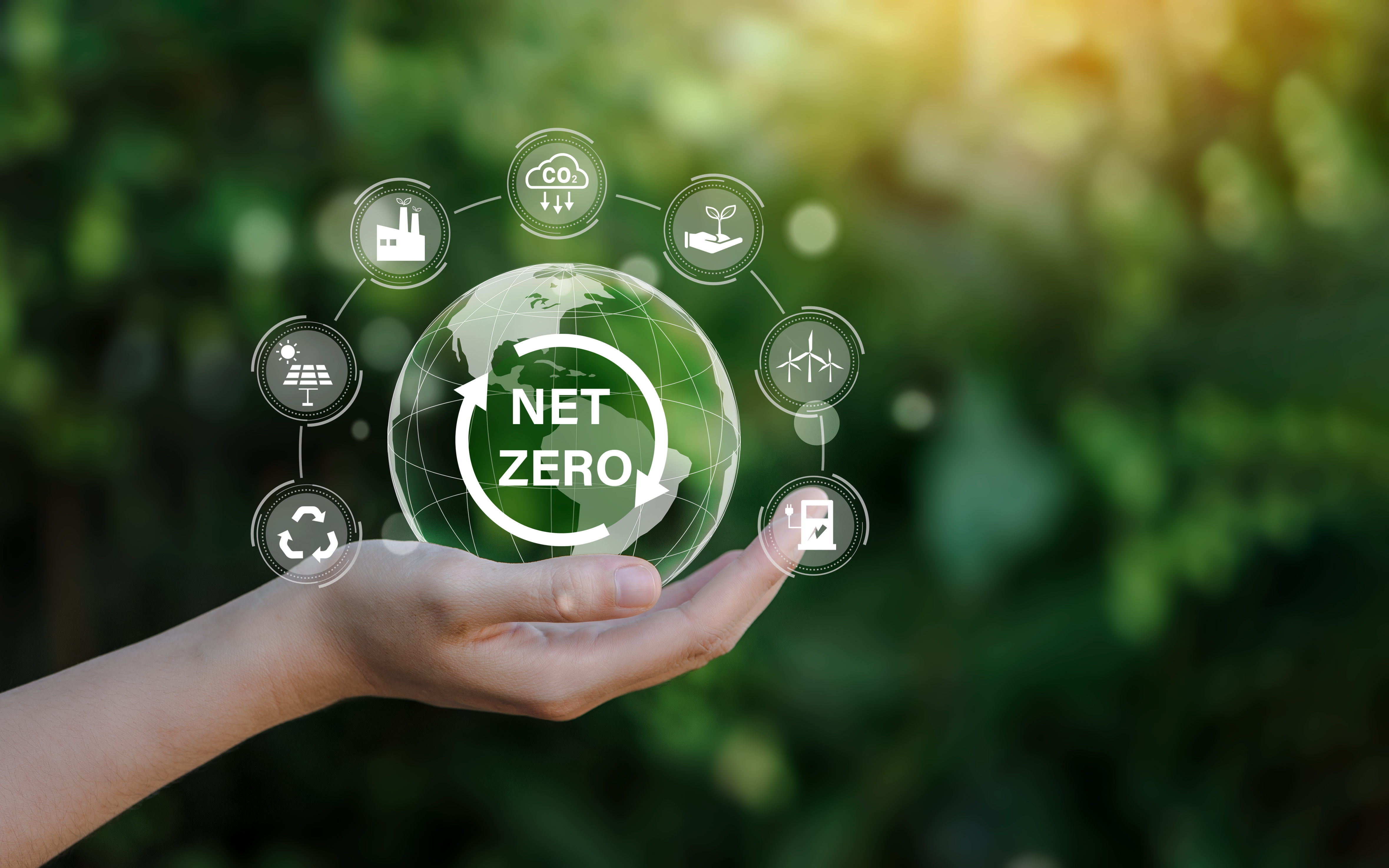
The 54th annual celebration of Earth Day will occur Saturday (22 April), an event meant to demonstrate worldwide support for environmental protection.
A series of global protests and events are taking place today or tomorrow to mark the occasion, as the latest Intergovernmental Panel on Climate Change’s (IPCC) report reports that the world remains “off-track” when it comes to dealing with the impacts of global warming.
Ahead of tomorrow’s day of action, the IOE&IT Daily Update takes you through the latest developments in sustainable business and green trade.
Global turning point
One potential high point is the recent focus on the transition away from fossil fuels and towards green energy.
According to energy think tank Ember, energy generated from renewable sources, such as wind and solar power, reached an all-time high in 2022.
Their recently released Global Electricity Review 2023 found that the emissions intensity of global energy production fell significantly last year, with this trend set to continue through 2023.
This would make 2022 the start of a “new era for energy generation”, and possibly the peak for carbon-intensive power sources such as coal and gas, as reported by Carbon Brief.
According to City AM, the report states that the world is on course for the first annual drop in the use of coal, oil and gas to generate electricity, outside of a global recession or pandemic.
The data came from 78 countries and represents 93% of global energy demand.
Diego Pardow, the Chilean energy minister, said in the foreword: “We still have a long journey to travel, with many challenges ahead and with a clear objective: we must act quickly, always putting people at the centre. There are no more excuses.”
Government call to action
The UK government is planning a “major reform” of its own renewables scheme, with the hope being this will drive further investment in sustainable energy production.
The Contracts for Difference project is the government’s mechanism for supporting new, British, low-carbon electricity generation projects.
According to a government press release, the Department for Energy Security & Net Zero (DESNZ) is looking to change the application process to include how much a renewable energy project contributes to the wider health of the renewable energy industry.
A DESNZ minister, Graham Stuart, said:
“We want to go further to ensure we maximise the scheme’s potential to improve energy security and ensure renewable energy developers can make the necessary investment in supply chains and innovation, which will ultimately make for a stronger sector and help our economy to grow.”
The Guardian reports that last month’s Net Zero strategy demonstrated that the government is currently projected to miss its 2030 target of cutting emissions by 68%.
EU legal action
Environmental campaigners are suing the EU in an attempt to have gas and nuclear investments de-classified as climate friendly.
EuroNews reports that Greenpeace and other groups have filed against the European Commission in response to last years’ controversial decision to add the two energy sources to the EU’s ‘taxonomy’, a list of investments that can be marketed as ‘sustainable’ in Europe.
Reuters reports the lawsuit argues that the EU has violated its own climate rules, citing the carbon emissions produced by gas power plants, and argue that this taxonomy pushes investment away from genuinely sustainable energy projects.
The Worldwide Wildlife Fund and other environmental organisations have also filed a lawsuit with the European Court of Justice challenging the regulations on a similar basis.
These pair of lawsuits reflect a growing trend of climate-related litigation, where pressure groups take their fight to the courts, with the Guardian noting that 2023 could be an milestone year in climate lawsuits.
Deforestation ban
The EU has moved a step closer to banning goods linked to deforestation.
On Wednesday (19 April) the European Parliament voted through new legislation that aims to tackle products made in a way that damages the world’s rainforests.
This would include common consumer products such as coffee, soya and chocolate. You can read the Daily Update’s special focus on soya production here.
The legislation was adopted with 552 votes in favour, 44 against, and 43 abstentions. MEP Christophe Hansen, of the centre-right European People’s Party described it as a “very strong result”.
The parliament stressed that while no specific country or commodity will be banned, companies will only be allowed to sell products in the EU marketplace if the product has a so-called “due diligence” statement, affirming that it was not made using deforested land or causing deforestation.
Palm-oil producing countries, including Malaysia and Indonesia, reacted negatively to the move, saying it blocked their products from being sold in the EU.
Biden pledge
The US government has made a similar move to coincide with Earth Day.
At the Major Economies Forum – a meeting of some of the largest industrialised nations – US president Joe Biden made a $1bn pledge to help developing nations fight climate change and deforestation.
According to the FT, the money would go the UN-led Green Climate Fund. A senior US official said that these funds would be immediately available for use.
Another $500m would go to a fund fighting deforestation, but this reportedly faces a difficult domestic battle to get approval from the US Congress.
Biden also urged the world to “step up” its efforts, as reported by France24, at a meeting that was attended by Chinese climate envoy Xie Zhenhua and Brazilian President Luiz Inacio Lula da Silva among others.



